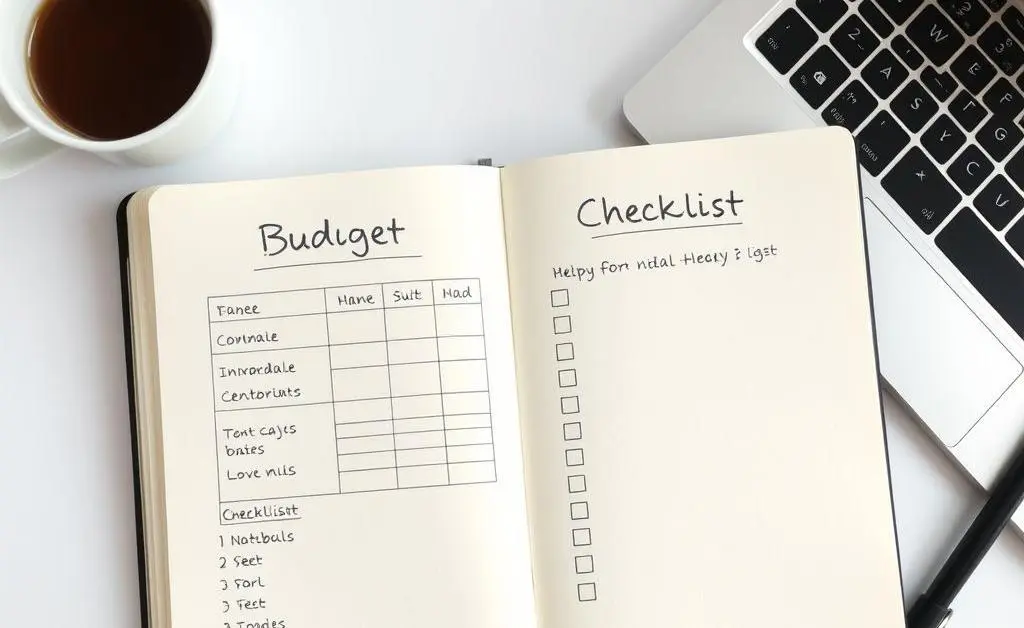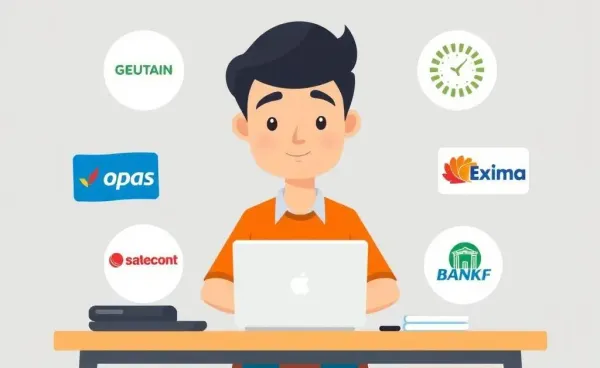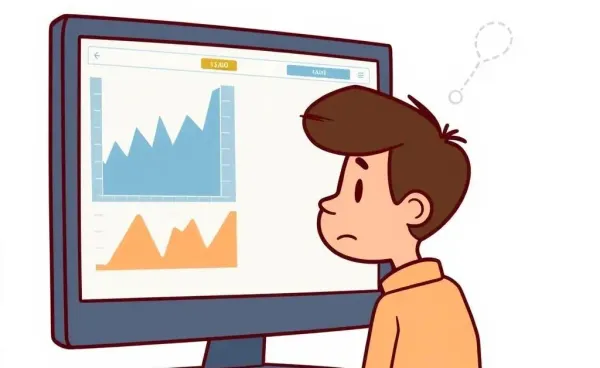Understanding Banking Basics: Common Questions Answered
Explore essential banking questions and insights for informed financial decisions.

Do you ever get that slightly anxious feeling when you think about banking? You're not alone. Banking can be as confusing as assembling IKEA furniture without instructions. But don't worry—I’ve got your back. Let's break down some common banking concerns together, starting with the very basics.
What Types of Bank Accounts Should You Know?
First things first, let's talk about the different types of bank accounts available. This is where it all begins, whether you're saving up for a new car or just trying to figure out where your paycheck disappears to every month:
- Savings Account: Perfect for setting money aside for a rainy day, offering modest interest rates to grow your savings over time.
- Checking Account: Your go-to for daily expenses and managing your cash flow. Easily accessible via debit cards and checks.
- Money Market Account: Offers higher interest rates than a standard savings account but may come with higher minimum balance requirements.
Once, when I was just starting with banking, I opened a savings account without a second thought. I thought, 'Great, now my money will just magically multiply!' Spoiler alert: it didn't. Understanding account types really matters for managing your finances effectively.

What's the Deal with Fees?
If there's one thing banks and airlines have in common, it's the myriad of fees they sometimes spring on us. Make sure you know what you might be charged for:
- Monthly Maintenance Fees: These can typically be avoided by maintaining a minimum balance or direct deposits.
- Overdraft Fees: Noticing your balance dip below zero is rarely fun; overdraft protection might save you some headaches.
- ATM Fees: These can really stack up if you're using out-of-network ATMs frequently.

How to Start a Budget and Stick to It?
Budgeting is your road map to financial wellness. Here's how you can get started:
Start by determining your income and tracking expenses. Break them down into needs versus wants. Then, set specific goals—like saving up for that dream vacation or finally paying off credit card debt. There's a great tool called the Nerdwallet Budgeting Calculator that might help kick things off.

Do Savings Actually Grow?
You might be wondering if your savings account does anything at all. With interest rates typically below inflation, consider exploring certificates of deposit (CDs) or high-yield savings accounts for better returns. Or dabble in low-risk investments. It's like watching a plant grow in real-time—slow, but worth it!
Wrapping things up, banking might seem like the last frontier of adulting essentials. But slowly piecing together the puzzle helps enormously. Ready to explore more financial topics, or are you still caught up in something specific? Let's dive in together—drop your questions below!




